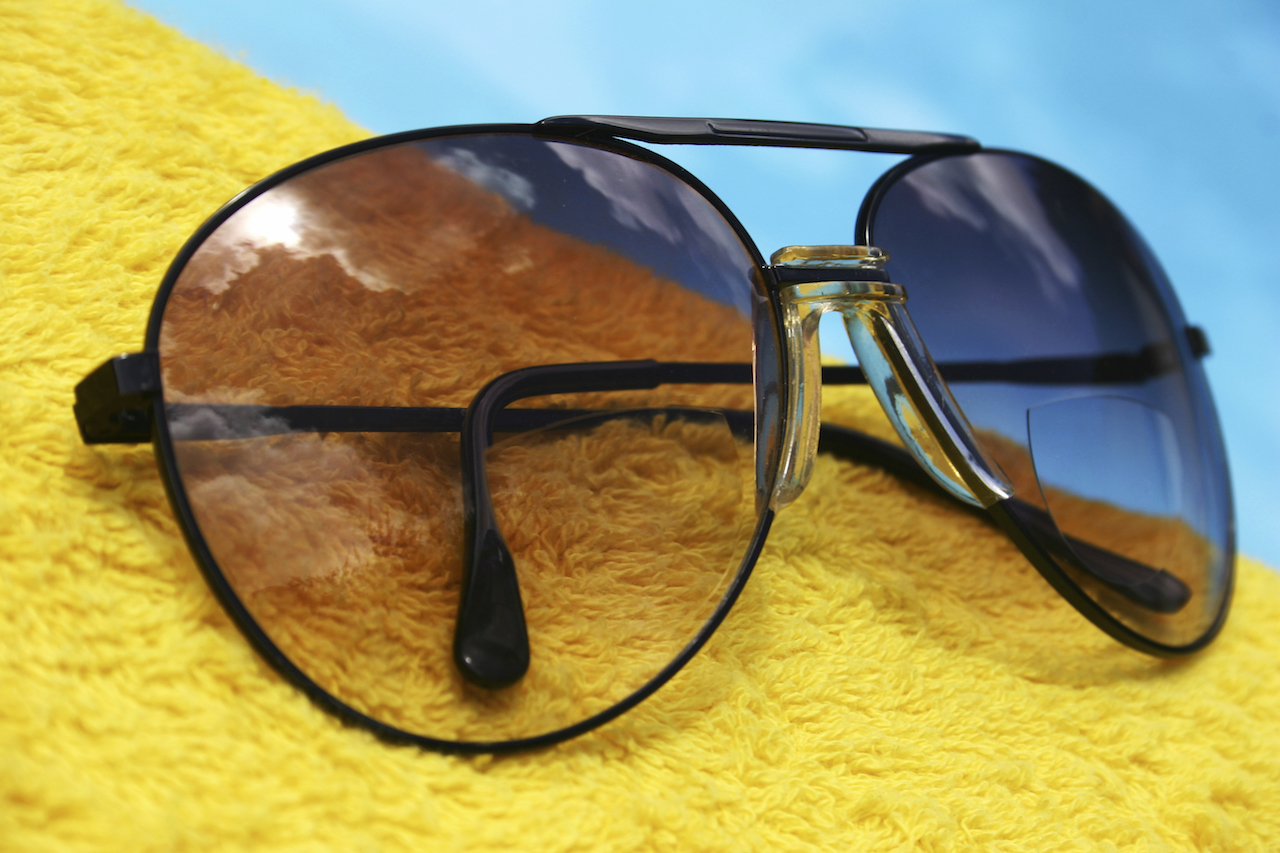By Michael Eagan, M.D., FACEP
Hot summer days offer tons of fun and everyone enjoys the break from winter. But fun in the sun can be overdone. Vacationing and playing outside in hot summer weather often leads to serious sunburns, insect bites, dehydration, heat exhaustion or worse.
It’s important to stay aware of rising temperatures on hot summer days. Although anyone at any time can suffer from heat-related illness, some people are at greater risk than others. Check regularly on infants and young children as well as older adults, especially those with chronic health conditions such as heart disease, high blood pressure or respiratory conditions like COPD.
Temperatures in the high 90s — above normal body temperature — can be especially dangerous. Keep these top hot weather safety tips in mind, and have a happy and healthy summer:
• Eat several light meals daily, with plenty of summer’s fruits and vegetables and healthy lean protein.
• Drink plenty of water and avoid liquids that contain alcohol or large amounts of sugar, which cause you to lose more body fluid.
• Never leave anyone in a closed, parked vehicle.
• Reduce activity levels in very hot weather.
• If you must exercise outdoors, do so in the early morning or evening, and drink two to four glasses of cool, nonalcoholic fluids each hour.
• Wear light, loose-fitting clothes.
• Protect yourself from the sun by wearing a wide-brimmed hat (also keeps you cooler) and sunglasses and by putting on sunscreen of SPF 15 or higher.
• Take a cool shower, or bath, to help lower your body temperature.
• If your house or apartment are too hot, spend at least a few hours in an air conditioned mall, public library or movie theater.
• Monitor medications: check with your doctor or pharmacist to learn if your medications, including over the counter items, increase your risk for heat stress.
Call 9-1-1 if you think someone is experiencing these signs of heat stroke: headache, rapid pulse, lack of sweat, red-hot dry skin, dizziness, nausea, feeling tired or weak, over 102 degree body temperature, and loss of consciousness.
Dr. Michael Eagan is board certified in Emergency Medicine and director of the Emergency Department at Raritan Bay Medical Center, a member of the Meridian Health family.

